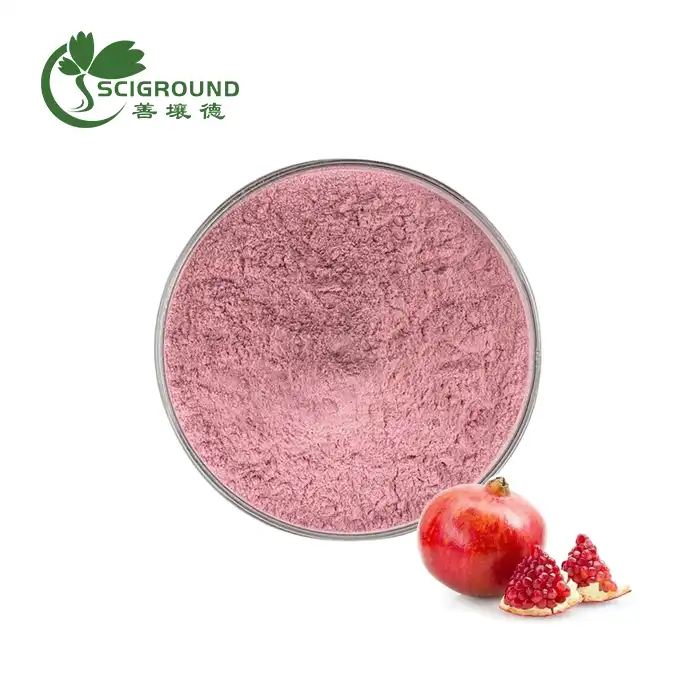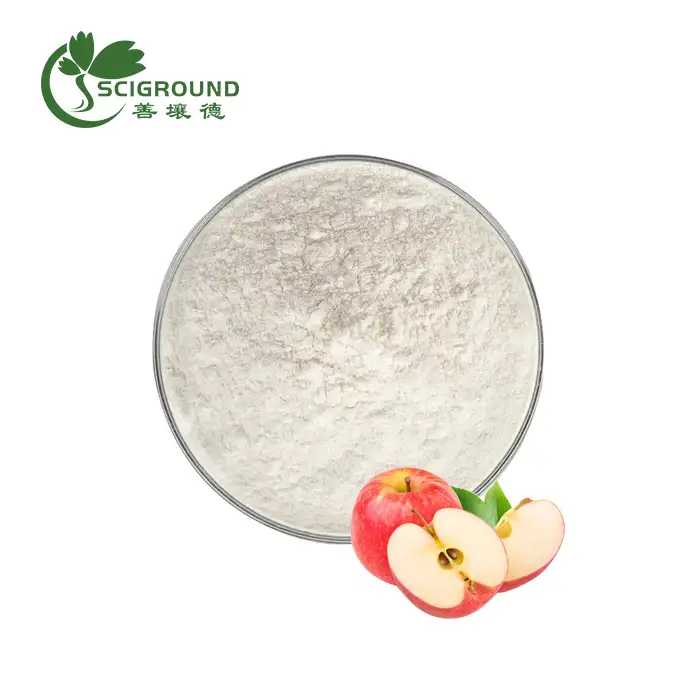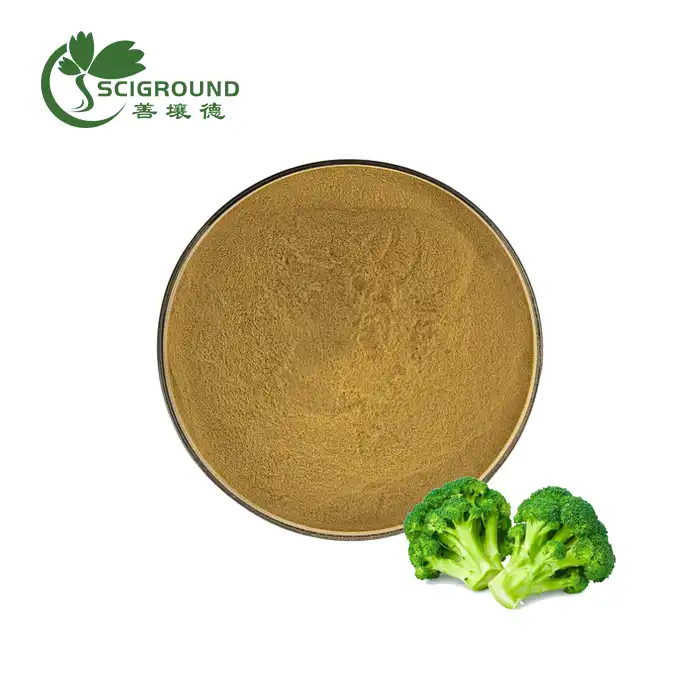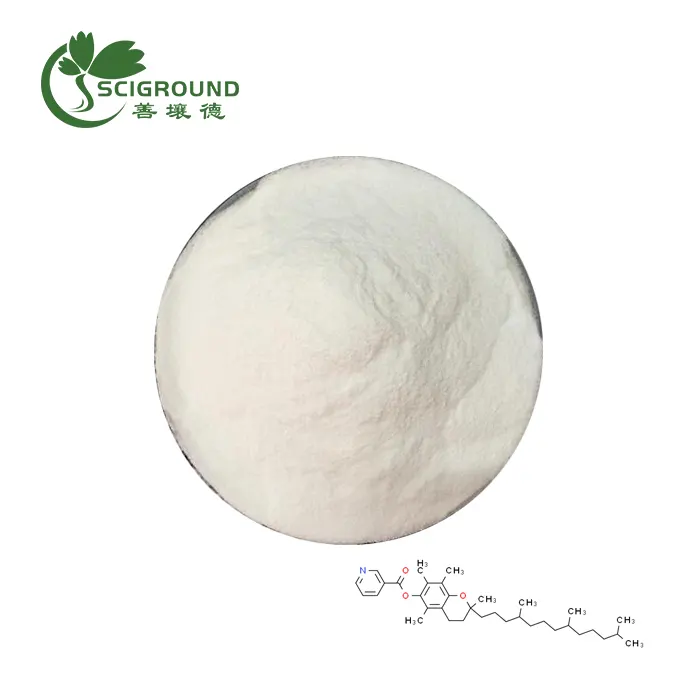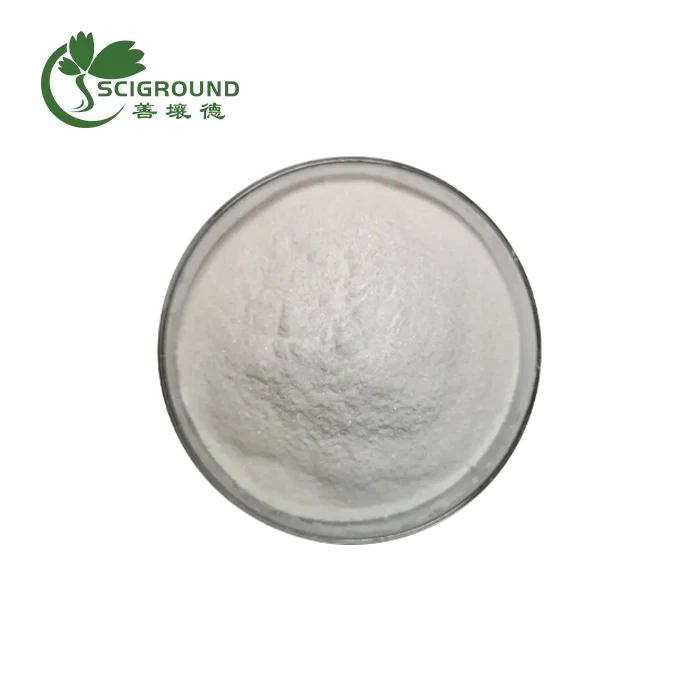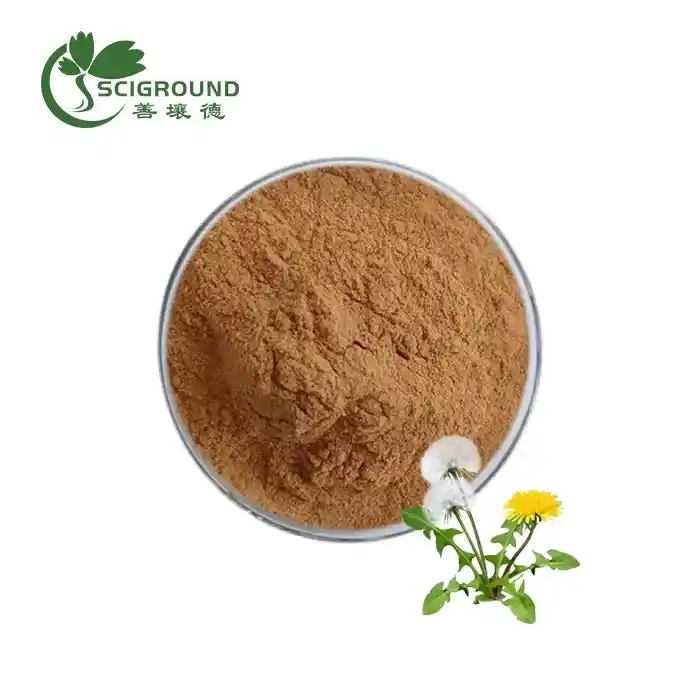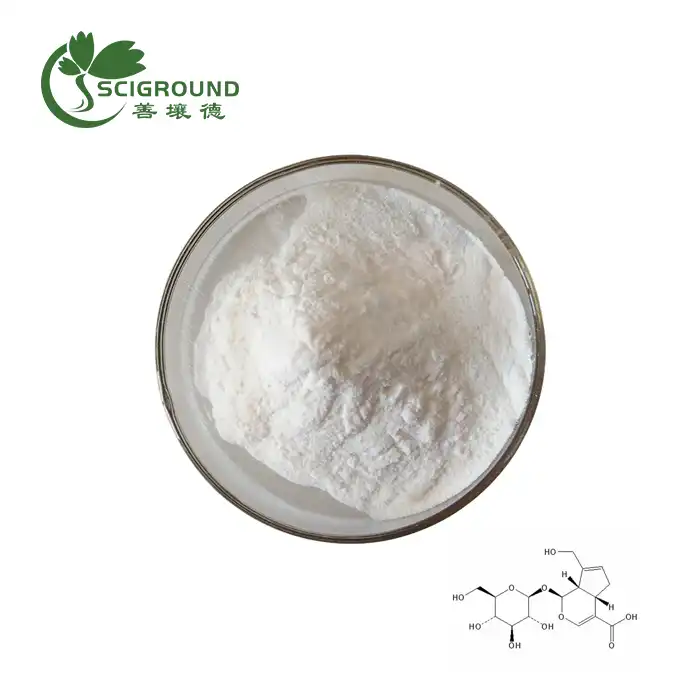Curcumin vs Cumin
Turmeric contains the compound curcumin, while cumin comes from cumin seeds. Both have been utilized for quite a long time in conventional medication frameworks. However, what distinguishes cumin and curcumin from one another? Which offers more advantages? Let's look at how these two savory spices compare.
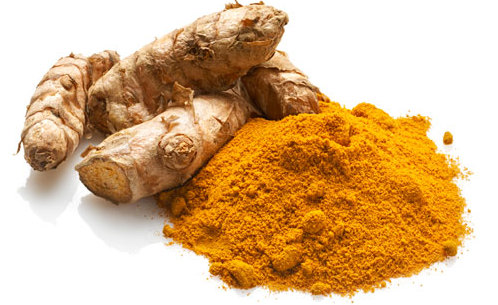
What is Curcumin?
The primary active ingredient in turmeric, a bright yellow spice made from the turmeric plant, is called curcumin. It gives turmeric its trademark yellow-orange tone. BULK Curcumin has been used as a spice in cooking and as a herbal remedy for millennia in Asia and India [1].
Curcumin powder's powerful anti-inflammatory and antioxidant properties have been highlighted by recent research. It has been found to have an effect on hundreds of the body's biological pathways and molecules [2]. Due to its positive effects on health, curcumin has become a well-known nutritional supplement all over the world.
Polyphenols, which are antioxidant-rich micronutrients, include curcumin. It makes up around 2-8% of most turmeric powders by weight [1]. Curcumin is often combined with piperine from black pepper to increase bioavailability because it is difficult to absorb on its own [3].
What is Cumin?
The plant Cuminum cyminum's tiny, dried seeds are the source of cumin. It has a serious, warm flavor with natural, nutty, and zesty notes. Spice blends containing cumin are common in Indian, Middle Eastern, Mediterranean, and Latin American cuisines.
Cumin seeds contain antioxidants like flavonoids and phenols, two plant compounds that have been linked to potential therapeutic benefits [4]. Cumin's primary active ingredients are cuminaldehyde, cymene, terpenes, and a variety of other oils.
Cumin seeds offer culinary versatility. They can be used ground or whole, imparting a strong, peppery essence. Cumin is also available as an essential oil for aromatic and topical use. Compared to curcumin, cumin is less studied for specific health effects.

Health Benefits of Curcumin
Extensive research over the past decade has revealed a diverse array of beneficial properties of curcumin. Here are some of the top health benefits this turmeric-derived compound appears to offer:
Anti-inflammatory - Bulk curcumin powder is strongly anti-inflammatory, able to match the effectiveness of some anti-inflammatory drugs in studies [2]. It blocks multiple inflammatory pathways in the body. This helps manage chronic diseases driven by inflammation.
Antioxidant - Curcumin neutralizes free radicals and boosts the body's endogenous antioxidant enzymes [5]. This helps protect against oxidative cell and DNA damage that leads to disease and premature aging.
Arthritis relief - Clinical trials provide early evidence that curcumin supplements can reduce osteoarthritis pain and improve mobility as effectively as some medications [6].
Heart benefits - Bulk Curcumin shows potential for supporting healthy cholesterol levels already in the normal range and vascular endothelial function [5]. More research is underway on curcumin for cardiovascular health.
Anti-microbial - Research indicates curcumin has anti-bacterial, anti-viral and anti-fungal activities [2]. It appears to disrupt cell membranes of pathogens to inhibit their growth.
Brain booster - Animal studies and early clinical research suggest curcumin may provide neurological benefits, from enhanced cognition to potential uses in Alzheimer's and depression [3].
More human clinical trials are still needed to confirm many of curcumin's promising effects demonstrated in laboratory settings thus far. But its proven safety and broad-spectrum beneficial activities make curcumin an attractive supplement.
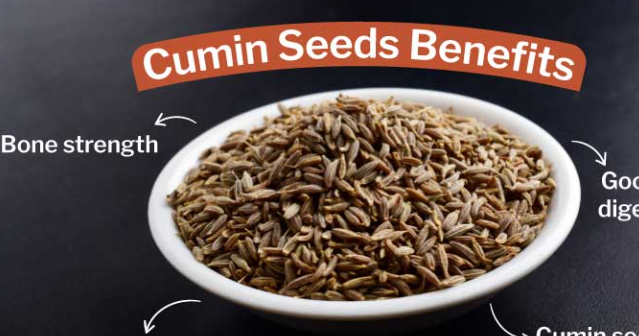
Potential Health Benefits of Cumin
Cumin seeds are rich in antioxidants and have been used traditionally for purposes like supporting digestion and respiratory health [4]. Here are some of the top research-backed benefits of cumin:
Anti-diabetic - Cumin powder shows promise for improving blood sugar control, insulin sensitivity, and complications of diabetes, though studies are mostly limited to animals thus far [7]. The effects may result from cumin's antioxidants.
Cholesterol - Components in cumin like terpenes appear to help lower cholesterol and triglycerides in studies on hyperlipidemic rats [4]. Results in humans are mixed thus far.
Iron absorption - Compounds in cumin may promote absorption of non-heme iron from foods [4]. This makes cumin a potential iron deficiency aid, especially when combined with iron-rich foods.
Digestive/gut health - Traditional uses of cumin for digestive and gastrointestinal issues are being confirmed by research [8]. It appears helpful for conditions like irritable bowel syndrome.
Respiratory relief - Cumin essential oil and supplements seem to provide benefits for respiratory issues in clinical studies, including improved symptoms of asthma and hay fever [9].
Though promising, there's less extensive research on cumin compared to curcumin. More studies confirming cumin's traditional uses are needed, especially larger scale human trials. But it remains a flavorful way to introduce antioxidants into your diet.
Curcumin vs. Cumin: Which is Better For Health?
Based on the research, curcumin appears to have more diverse benefits and therapeutic potential than cumin. The amount and quality of evidence is far greater for curcumin. However, both spices offer health advantages.
Some key points when comparing curcumin and cumin:
Bulk curcumin powder has demonstrated significant anti-inflammatory and antioxidant effects unmatched by cumin in studies thus far. These translate to curcumin better managing chronic diseases driven by inflammation [2,5].
Curcumin positively impacts a wider variety of molecular targets and biological pathways compared to cumin. This gives it more broad-spectrum therapeutic activities [3].
Curcumin has been found effective in human clinical trials for conditions like arthritis, neurodegenerative disease, cancer, metabolic syndrome and more [6]. Cumin lacks this level of clinical confirmation.
Cumin does contain unique compounds like terpenes and cuminaldehyde that provide distinct therapeutic benefits, especially for blood sugar management [4,7].
In summary, curcumin appears more potent and provides a wider range of science-backed health benefits. But cumin is still an excellent source of antioxidants and shows promise for certain uses, especially blood sugar and digestion. Incorporating both spices into your diet is ideal.
Curcumin and Cumin Synergies
While they have differences, curcumin and cumin can actually complement one another nicely:
Curcumin and cumin both provide antioxidants that combat oxidative damage contributing to chronic illness [2,4]. Combining the two gives you antioxidant synergies.
The spices offer different benefits, with curcumin better fighting inflammation and cumin excelling for blood sugar, iron absorption and digestion [3,4]. Using both covers more wellness bases.
Piperine, a black pepper extract often paired with curcumin, appears more effective when combined with cumin. Research shows this combination enhances curcumin absorption [10].
Cumin may boost bioavailability and retention of curcumin by inhibiting enzymes involved in curcumin metabolism [11]. Their activities mutually reinforce each other.
The spices lend themselves to ethnic cuisine blends. Curcumin is prevalent in Indian and Thai dishes, while cumin stars in Middle Eastern and Mexican meals.
For these reasons, many people supplement with curcumin and add both turmeric and cumin liberally to foods. This takes advantage of their complementary benefits. Both spices can be consumed safely at culinary doses.
Curcumin and Cumin Dosage Considerations
Curcumin
Culinary doses provide only about 100 mg curcumin daily. Supplements with enhanced bioavailability go up to 1,000 mg per day [12].
Absorption is poor alone; combinations with piperine, lipids, or nanoparticles markedly increase absorption [3].
No established official dose, but most studies use 500-1,000 mg/day in divided doses for therapeutic benefits [12].
Can take up to 8,000 mg/day with only mild side effects, highlighting safety margin [13]. But long-term intake above 1,000 mg/day lacks research.
Cumin
Typical culinary use provides up to 1-3 grams of cumin spice (or less than 1 gram cumin seed powder) per day [14].
Doses up to 3 grams per day of cumin seeds appear safe from reported adverse effects and traditional use [14].
Therapeutic doses not well established, but cumin essential oil doses range from 100 to 1,000 mg/day in studies [9].
Oral cumin has low bioavailability. Enhancing agents like piperine and lipids likely improve absorption [15].
Both spices are very safe, even at higher doses [13,14]. However, commercially prepared turmeric/curcumin supplements should be taken as directed to avoid potential stomach upset. As with any supplement, consult your doctor before use if you have any medical conditions or take medications.
Putting This All Together
In closing, curcumin and cumin are both tasty spices that offer science-backed health advantages:
Curcumin powder bulk is more potent and has a wider evidence base for benefits ranging from arthritis to cognitive decline [2,3]. It appears one of the more promising supplements for anti-aging and disease prevention.
Cumin also provides antioxidants and shows significant potential for blood sugar control, iron absorption, digestion, and respiratory issues in early research [4,7,9].
The spices have synergistic activities, so using curcumin and cumin together covers more wellness bases and enhances absorption [10,11].
Both spices are safe at culinary doses [13,14]. For supplemental doses up to 1,000 mg/day, curcumin has more safety data behind it [13].
A daily regimen that incorporates curcumin, cumin, and other healthy spices is an excellent natural way to promote good health and vitality. Combining the best of traditional medicine and modern research can yield tasty and healthy results!
References
[1] Prasad S, Aggarwal BB. Turmeric, the Golden Spice: From Traditional Medicine to Modern Medicine. In: Benzie IFF, Wachtel-Galor S, editors. Herbal Medicine: Biomolecular and Clinical Aspects. 2nd edition. Boca Raton (FL): CRC Press/Taylor & Francis; 2011.
[2] Sandur SK, Pandey MK, Sung B, Ahn KS, Murakami A, Sethi G, Limtrakul P, Badmaev V, Aggarwal BB. Curcumin, demethoxycurcumin, bisdemethoxycurcumin, tetrahydrocurcumin and turmerones differentially regulate anti-inflammatory and anti-proliferative responses through a ROS-independent mechanism. Carcinogenesis. 2007;28(8):1765-1773.
[3] Prasad S, Tyagi AK, Aggarwal BB. Recent Developments in Delivery, Bioavailability, Absorption and Metabolism of Curcumin: the Golden Pigment from Golden Spice. Cancer Res Treat. 2014;46(1):2-18.
[4] Allahghadri T, Rasooli I, Owlia P, et al. Antimicrobial property, antioxidant capacity, and cytotoxicity of essential oil from cumin produced in Iran. J Food Sci. 2010;75(2):H54-H61.
[5] Wang R, Liang J, Wang Y, et al. Curcumin protects against the inflammatory process of diabetes and improves blood glucose metabolism and pancreatic damage. J Food Bioact. 2019;6:59-70.
[6] Kermani AJ, Mard SA, Sheikhesmaeili F, Momtahen M, Hatamipour M, Dowlatshahi K. Comparing the efficacy of nicobloc and curcumin in the treatment of recurrent aphthous stomatitis: a randomized clinical trial. Electron Physician. 2016;8(11):3327-3332.
[7] Saheb Sharif Askari, Mohammad Pourkabir, etc. The potential efficacy of cuminum cyminum in alzheimer's disease: a narrative review on theoretical concepts. Iranian journal of medical sciences. 2020.
ABOUT AUTHOR

Celine Xu is a botanist with over 15 years of experience researching and developing plant extracts for nutritional and pharmaceutical applications. She leads an R&D team focused on identification, cultivation and extraction of medicinal plants. Celine Xu earned a Ph.D. in Plant Biology from UC Berkeley and has authored numerous articles in peer-reviewed journals about the health benefits of specific phytochemicals. She frequently speaks at industry conferences about new developments in plant extract research. Celine Xu is dedicated to advancing the scientific understanding of how targeted plant compounds can be used to improve human health.
Related Industry Knowledge
- Can you freeze dry aloe vera gel?
- What is Astragalus Extract
- Does Stevia Taste Like Sugar
- What is the Recommended Dose of Polygonum Cuspidatum Root Extract
- Is Soy Lecithin Safe for Skin?
- Unlocking the Potential of Kudzu Root Extract Powder: Benefits, Uses, and Safety"
- Understanding L-Arginine HCl Powder as a Pre-Workout Supplement
- Is Oat Protein Powder the Future of Plant-Based Protein Supplements?
- Soybean Seed Extract: Unlocking the Potential of Nature's Superfood
- What are the Benefits and Dosage Recommendations of L-lysine Bulk Supplementation
